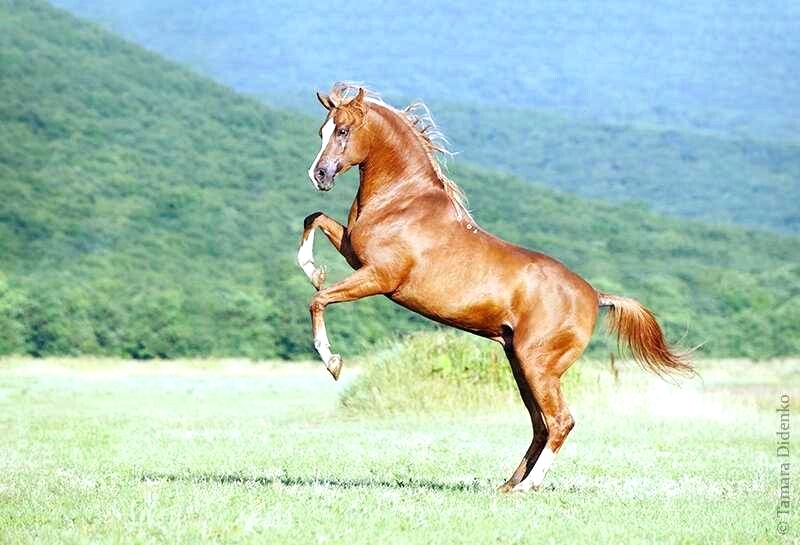Horses are herbivores, meaning they are designed to consume plant-based sources of food. One of the main components of this diet is protein, which is essential for the growth and repair of muscles, tendons, and ligaments. Without adequate protein, a horse may suffer from a variety of health issues. In this article, we’ll discuss what happens if a horse doesn’t get enough protein and how to ensure your horse is receiving an adequate amount.
The Importance of Protein for Horses
Protein is an essential nutrient for horses and is required for the growth and repair of muscles, tendons, and ligaments. It also plays an important role in a horse’s overall health and well-being. Protein is made up of amino acids, which are the building blocks of cells and tissues within the body. Without adequate protein, a horse may struggle with a variety of health issues, such as stunted growth, poor muscle development, and decreased energy levels.
Signs of Protein Deficiency
One of the most common signs of protein deficiency in horses is poor muscle development. If a horse is not receiving enough protein, they may have difficulty building and maintaining muscle mass. Other signs of protein deficiency include thinning coat, dry skin, poor hoof quality, and decreased energy levels.
In addition to these physical signs, a horse that is not getting enough protein may also exhibit behavioral changes, such as lethargy, lack of interest in food, and depression.
Causes of Protein Deficiency
Protein deficiency in horses can be caused by a variety of factors, including inadequate diets, poor quality forage, and insufficient access to protein sources. In some cases, horses may also be malnourished due to health conditions or illnesses that cause them to lose or not absorb nutrients.
If a horse is receiving an inadequate diet, they may not be getting enough protein to meet their daily needs. Poor quality forage, such as hay or grass, may also be lacking in protein. Additionally, horses that are eating grain-based diets may not be receiving enough protein if they are not supplemented with other sources, such as hay or pasture.
How to Ensure Your Horse Gets Enough Protein
It is important to ensure your horse is receiving an adequate amount of protein in their diet. The best way to do this is to feed them a balanced diet of high-quality forage, such as hay, grass, or alfalfa, and supplement with other sources of protein, such as legumes, grains, and oilseeds. Additionally, you should ensure your horse is getting enough vitamins and minerals to support their overall health.
If your horse is on a grain-based diet, it is important to supplement with other sources of protein to ensure they are getting enough. You may also want to consider adding a protein supplement to your horse’s diet to ensure they are getting the necessary amount of protein.
Conclusion
Protein is an essential nutrient for horses and is required for the growth and repair of muscles, tendons, and ligaments. Without adequate protein, a horse may suffer from a variety of health issues, including poor muscle development, thinning coat, dry skin, poor hoof quality, and decreased energy levels. Protein deficiency in horses can be caused by a variety of factors, including inadequate diets, poor quality forage, and insufficient access to protein sources. To ensure your horse is receiving an adequate amount of protein, feed them a balanced diet of high-quality forage and supplement with other sources of protein. Additionally, you should ensure your horse is getting enough vitamins and minerals to support their overall health.

